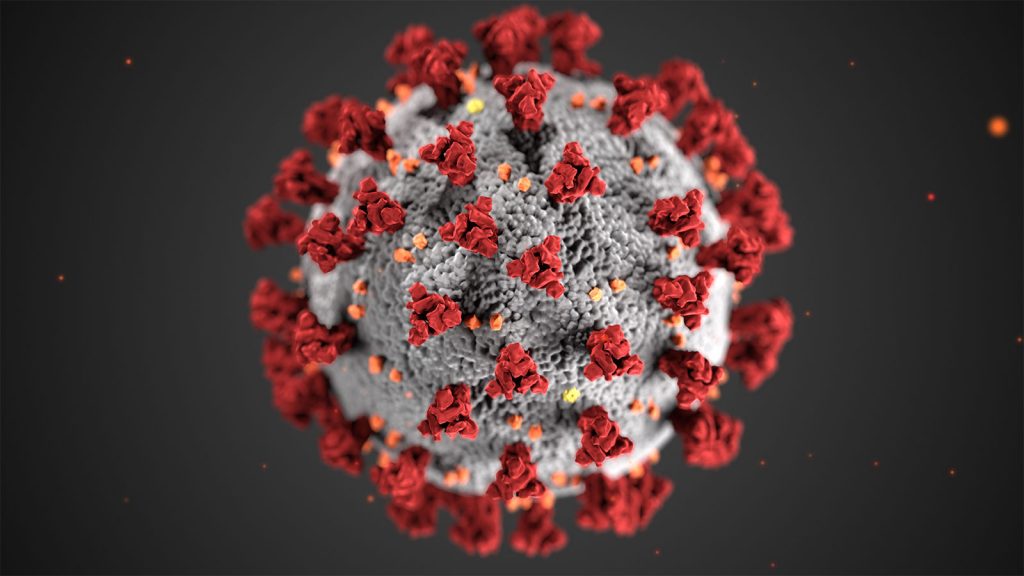 All states require children to be immunized or to be in the process of receiving immunizations against certain contagious diseases before a child care facility or a school may admit them. For each state, the immunization schedule may be found in the state code or its administrative regulations, usually in the sections governing education (for schools) or public health (for child care facilities). Besides specific vaccine requirements, these schedules may also refer to the schedules provided by the United States Department of Health and Human Services, American Academy of Family Physicians, or American Academy of Pediatrics.
All states require children to be immunized or to be in the process of receiving immunizations against certain contagious diseases before a child care facility or a school may admit them. For each state, the immunization schedule may be found in the state code or its administrative regulations, usually in the sections governing education (for schools) or public health (for child care facilities). Besides specific vaccine requirements, these schedules may also refer to the schedules provided by the United States Department of Health and Human Services, American Academy of Family Physicians, or American Academy of Pediatrics.
Where states significantly differ is in their recognition of exemptions from vaccination. All states grant a medical exemption to children who cannot be immunized for health reasons. For example, the administration of a vaccine may be contraindicated in children who are allergic to a component of the vaccine or have a suppressed immune system. These exemptions are specific to the vaccine and health condition, and remain so long as the contraindication lasts.
Additionally, 48 states and the District of Columbia permit parents to claim a non-scientific exemption, such as if their religious tenets or practices conflict with immunization or if their personal, philosophical or moral beliefs are opposed to immunization. The lone holdouts are Mississippi and West Virginia. However, in the event of an outbreak, child care facilities and schools may exclude children who have not been vaccinated against the disease until the end of the outbreak.
Verdict offers some insightful analysis into the issue of religious exemptions:
Below, you will find links to state codes, statutes and regulations governing the immunization of children who attend day care, child care, elementary schools, private schools and colleges.


 All states require children to be immunized or to be in the process of receiving immunizations against certain contagious diseases before a child care facility or a school may admit them. For each state, the immunization schedule may be found in the state code or its administrative regulations, usually in the sections governing education (for schools) or public health (for child care facilities). Besides specific vaccine requirements, these schedules may also refer to the schedules provided by the
All states require children to be immunized or to be in the process of receiving immunizations against certain contagious diseases before a child care facility or a school may admit them. For each state, the immunization schedule may be found in the state code or its administrative regulations, usually in the sections governing education (for schools) or public health (for child care facilities). Besides specific vaccine requirements, these schedules may also refer to the schedules provided by the